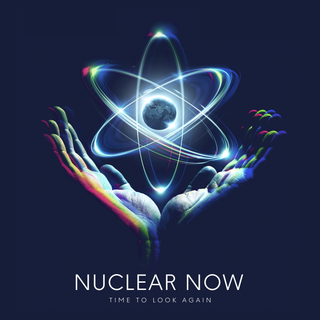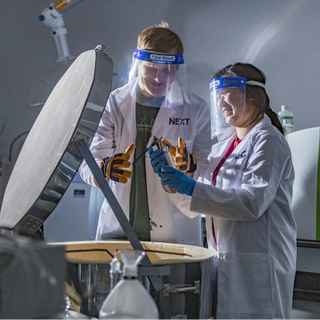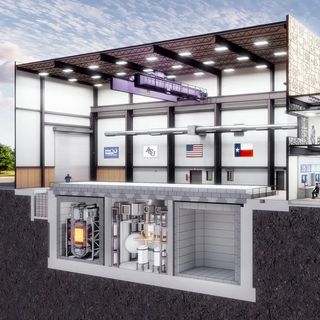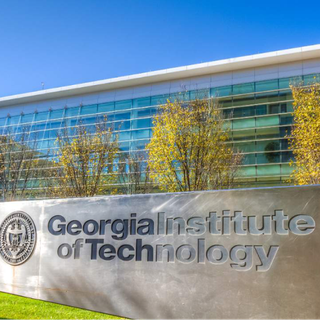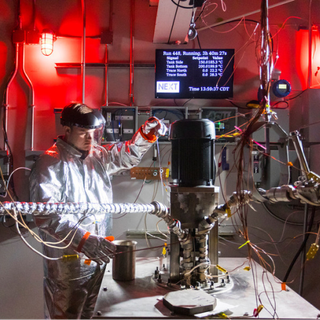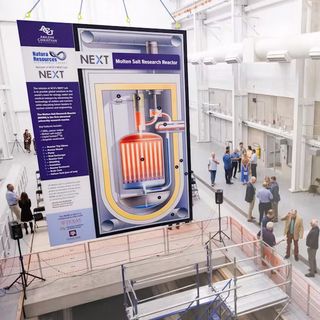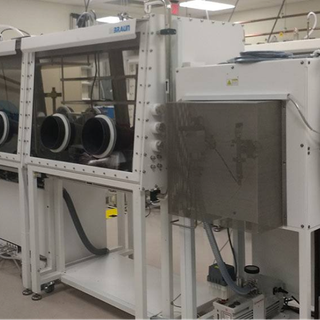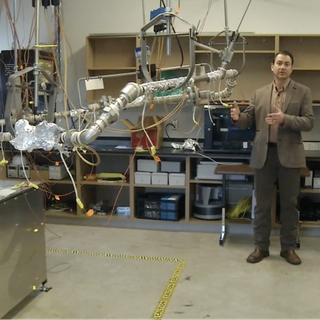
The world is facing unprecedented energy demand.
Nuclear energy is how we meet that demand.
Driven by population increase, data centers and industrial growth, U.S. electricity demand will increase significantly in coming years. We need a 24/7 source of clean energy to act as the backbone for global infrastructure.
Federal policy in recent years has recognized nuclear energy as a clean, reliable and resilient source of energy as shown by bi-partisan support of legislation such as the Nuclear Energy Innovation Capabilities Act (NEICA – 2018), the Nuclear Energy Innovation and Modernization Act (NEIMA – 2019), and the Accelerating Deployment of Versatile, Advanced Nuclear for Clean Energy Act (ADVANCE-2024).
Molten-Salt Cooled, Liquid-Fueled Reactors can provide the energy, sustainability, and safety we need, while pushing the boundaries of medicine, production, and water desalinization.

Nuclear Energy
- Supplies over 50% of the emissions-free electricity in the US.
- Provides baseload, sustainable, on-demand energy that is not subject to variable conditions such as wind and sunlight.
- Has the highest energy density of any energy source, which means it can provide the greatest amount of power with the least amount of fuel and smallest physical site footprint.
Emissions-Free Electricity
Source: Nuclear Energy Innovation Capabilities Act (NEICA – 2018) and the Nuclear Energy Innovation and Modernization Act (NEIMA – 2019).
Nuclear
54.8%
Wind
20.3%
HyDro
18.9%
Solar
4.9%
Geothermal
1.1%
Emissions-Free Electricity
Supplies over 50% of the emissions-free electricity in the US.
Provides baseload, sustainable, on-demand energy that is not subject to variable conditions such as wind and sunlight.
Has the highest energy density of any energy source, which means it can provide the greatest amount of power with the least amount of fuel and smallest physical site footprint.





MSRs and Medicine
The utilization of liquid fuel in a molten salt reactor (MSR) provides greater access to advanced medical isotopes that have been proven to be effective at diagnosing and treating certain diseases such as cancer. With continued advancement in MSR technologies, we believe we will eventually be able to harvest alpha particles that can be used in Targeted Alpha Therapy (TAT). This targeted radiation therapy selectively targets cancer cells while minimizing damage to the surrounding healthy cells.

MSRs and Energy
Molten Salt Reactors (MSRs) can produce high levels of heat, upwards of 700C. This heat can be used to proudce electricity or in a variety of high-process-heat applications, such as the production of various types of steel, concrete and chemical products.

MSRs and Water
One out of every three people in the world lacks access to clean water and the desalination of salt water requires tremendous amounts of energy. The heat and electricty produced with MSRs can be utilized in water desalination facilities, creating an efficient source of clean water.


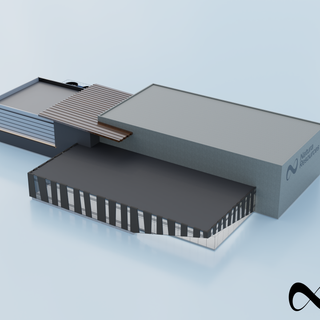
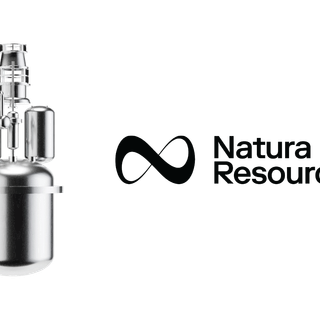




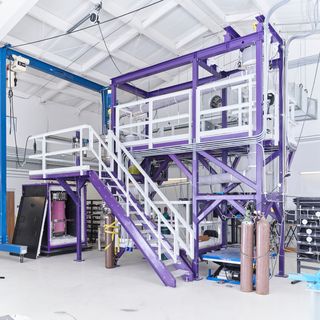

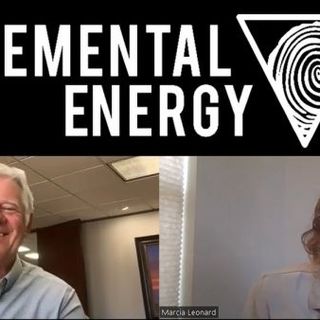


%20Dr.%20Phil%20Schubert_John%20Zachry_Douglass%20Robison_Dr.%20Rusty%20Towell.jpg?rect=49,0,1269,1269&w=320&h=320&fit=min&auto=format)


